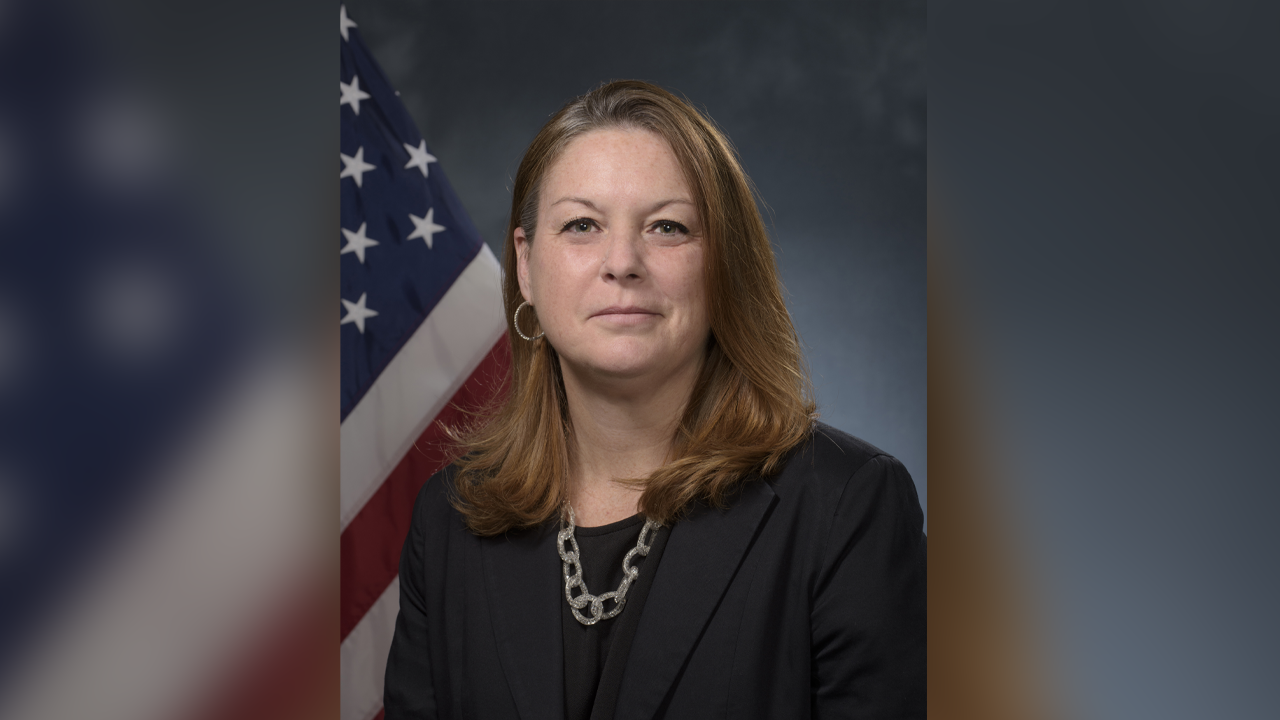In 2008, as the nation faced a catastrophic financial crisis, the House did what it sometimes does — veered off the rails. In a raucous and startling floor vote, lawmakers defeated a $700 billion bank bailout, sending the markets plummeting as the economy teetered. It was the steadier Senate that had to step in and take over, find a way to approve the legislation and show the House how it was done.
That has often been the way in Washington. When the unruly House, with its treacherous two-year election cycle, melts down, the Senate is expected to step up, providing the adult supervision needed in the legislative world. But developments over the past week show that those days may be coming to a close. The august Senate — at least on the Republican side — is becoming more like its chaotic counterpart across the Rotunda every day.
The Senate Republican Conference, as it is known, is more publicly divided and feuding than at any time in recent memory, a rare development for a group led by Senator Mitch McConnell, Republican of Kentucky and the minority leader, who has always taken great pains to conceal internal disputes. Mr. McConnell himself is now taking withering fire from the far right of the rank and file as conservatives offer a scathing critique of his stewardship.
These days, Republican senators say their weekly luncheons often deteriorate into angry gripe sessions. They have broken into warring factions, the same dynamic that has tied up the House majority.
After spending months demanding that Democrats agree to tough border security provisions as a condition for providing more assistance to Ukraine, Senate Republicans immediately tanked the resulting bipartisan legislative proposal. Republican opponents distorted major elements of the plan even though it was drafted by one of their own, the very conservative and popular Senator James Lankford of Oklahoma.
That started a Kafkaesque loop in which Republicans, who had just blockaded a proposal to tie a border crackdown to foreign aid, immediately turned around and demanded that they get a chance to add border restrictions to the foreign aid package or they would block it yet again.
Members of the Senate have always taken great pride in saying they are different from the House, but that isn’t such an easy case to make at the moment.
“It is not the Senate that I am used to serving in,” said Senator Susan Collins of Maine, one of just four Republicans who voted to take up the legislation with the border provisions that was so spectacularly rejected. “The personal attacks and the unwillingness to try to work together to find a solution that will be acceptable to everyone is disappointing. It is very serious.”
There are multiple reasons for the evolution. A growing number of Republican senators come from the MAGA wing of the party, dominated by former President Donald J. Trump, and aren’t content to follow the tribal customs and stand by quietly as the more mainstream conservative leadership steers the ship. Instead, they relish rocking the boat. It wins them accolades from their voters and attention from the conservative media ecosystem, which in turn has helped to increase their numbers and influence.
“We now have critical mass here in the Senate,” Senator Mike Braun, Republican of Indiana, said on Wednesday during an interview on Fox Business Network. He described what its members have labeled the Breakfast Club, including hard-right Republican senators such as Ted Cruz of Texas, Rick Scott of Florida, Ron Johnson of Wisconsin, Mike Lee of Utah and Rand Paul of Kentucky.
“Now there are enough of us here,” Mr. Braun said. “And we’re gathering others to come with us. That’s the change in dynamic.”
Like the far-right faction in the House, right-wing Republican senators are also ideological purists who want only what they want and aren’t interested in the traditional legislative horse-trading that defines the Senate. Their objective is mainly to halt legislation they deem objectionable — even if their own Republican colleagues are on board.
But most of all there is Mr. Trump. A majority of Senate Republicans are behind his run and don’t want to advance any legislation — even if it resembles a Republican-drafted border bill — if the former president and likely nominee disapproves or it could prove detrimental to his campaign.
Senator Christopher S. Murphy, Democrat of Connecticut, found that out the hard way as the border legislation he spent countless hours negotiating with Mr. Lankford and Senator Kyrsten Sinema, independent of Arizona, was summarily cast aside by Republicans.
“They used to not be under the spell of Donald Trump in the same way as House Republicans,” Mr. Murphy said of his Senate G.O.P. colleagues. “They are now. They used to be willing to break from Trump. But not anymore.”
Mr. Murphy said he hoped the Trumpification of Senate Republicans was a temporary condition. But the trend lines for the institution disturb some veteran Republicans.
Senator Lisa Murkowski, Republican of Alaska, also supported the foreign aid and immigration package and has been frank in expressing her frustration at the state of the Senate and the treatment Mr. Lankford received at the hands of his own colleagues.
“It has gotten personal. It has gotten so polarized that people are not given the benefit of the doubt,” she said in an interview. “That’s what’s new. The partisan divide is nothing new, but there’s a division internally that’s eating at us. And it’s disheartening, because I fear it is breaking this institution that has been so solid and resilient.”
After the border fiasco, a bipartisan coalition in the Senate moved to rescue the military aid to Ukraine and Israel and has managed to advance an emergency spending package that is being slowly squeezed through the Senate. Despite conservative resistance, it is expected to pass in the coming days, but its future in the House, where there is considerable far-right resistance to the Ukraine aid, is uncertain.
Even if the Senate can push this measure through, Ms. Murkowski and others remain worried about what they fear is a downward trajectory for the upper chamber.
“There’s a sadness I’m feeling about the institution right now,” she said. “Not necessarily so much about this vote, but the institution itself.”






